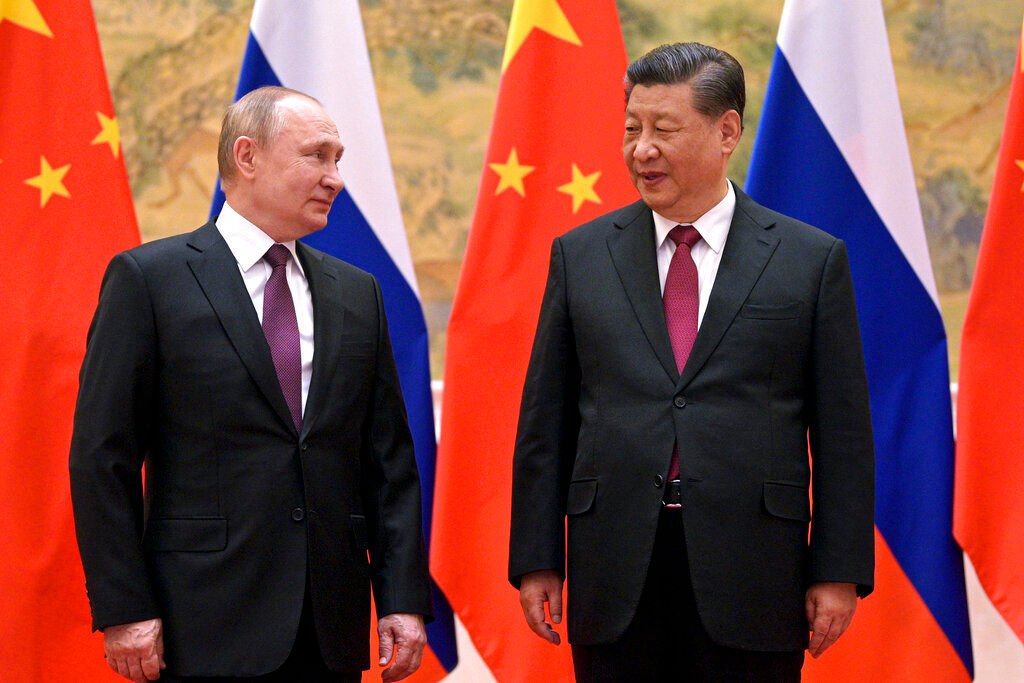The Russia-Ukraine
crisis, reminiscent of Cold War politics, has the potential to divide the world
into power blocs. The developments since Thursday indicate that the current
crisis, in which at least 137 people have been killed according to Ukraine,
will see nations respond according to their political leanings. Thus, while the
United States, the UK, Australia and Japan have condemned Russian President
Vladimir Putin, China has taken a more cautious approach.
Hua Chunying, assistant
foreign minister of China, was asked by the media whether she would call Russia’s
aggression in Ukraine an invasion. However, Chunying repeatedly avoided the
question and at one point said, “The US has been fuelling the flame, fanning up
the flame. How do they want to put out the fire?” The statement is according to
a translation from Mandarin reported by CNBC.
Also Read | Amid Ukraine crisis, Beijing says Taiwan inalienable part of China
“China is closely
watching the latest situation, and we call on parties to maintain restraint and
prevent the situation from getting out of control,” added Chunying. She refused
to call the ‘special military operation’ an invasion because the expression is “prejudiced,”
Chunying said.
Beijing, while swerving
slightly due to a sudden escalation of violence now, has staunchly stood by
Russia on the Ukraine question. On the other hand, China has blamed the United
States for “hyping up” the threat of war.
Earlier, when
Russian President Vladimir Putin attended the China-Russia summit held on the
side-lines of the Beijing 2022 inaugural, China articulated its strong opposition
to NATO (North Atlantic Treaty Organization). In course of the same summit,
Russia voiced support for China’s stance on Taiwan.
Also Read |
Why growing fondness between China, Russia has Taiwan jittery
The word “invasion”,
loaded with historical value, is therefore one that the Chinese state actively
refuses to use. China’s relations with Russia coupled with its opposition to
the Western bloc taking control of the narrative, its worry that a similar
narrative will be floated for its efforts in Taiwan are all reasons why China has
steered clear of the I-word.







